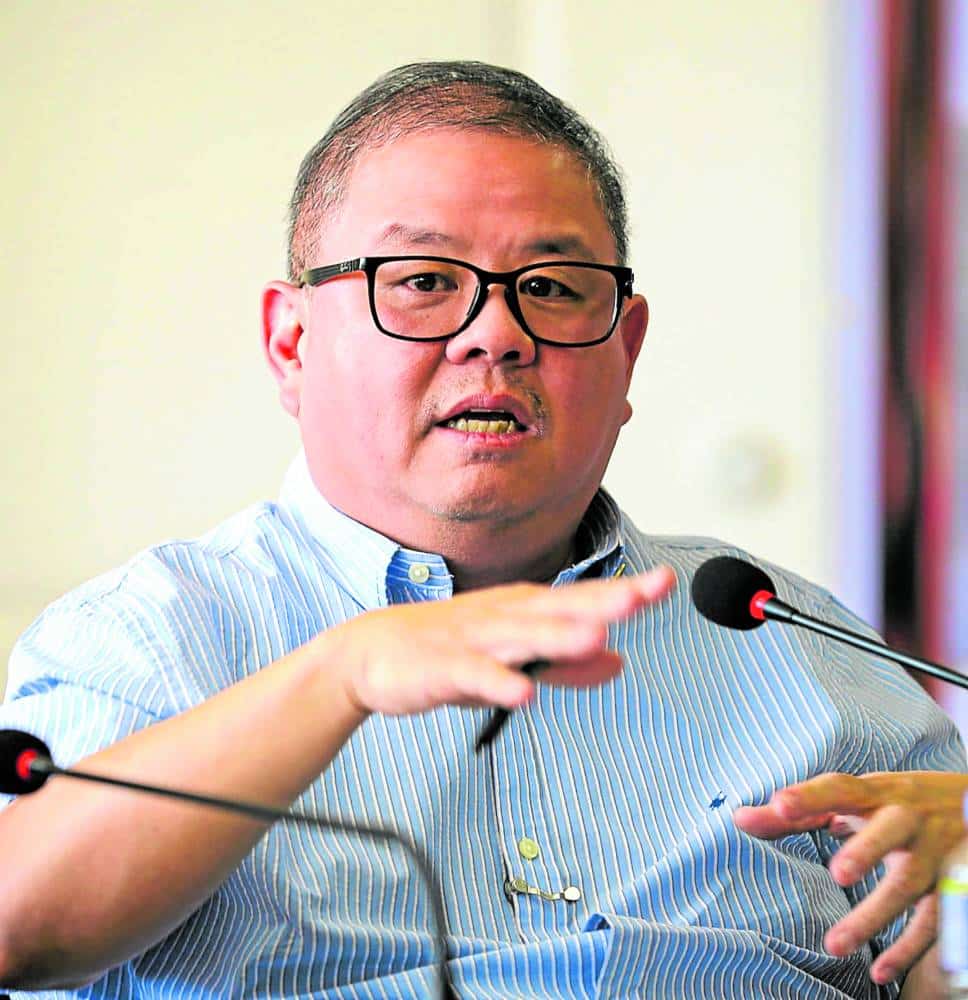
Department of Agriculture (DA) Secretary Francsico P. Tiu Laurel Jr. PHOTO FROM DA FB PAGE
The Department of Agriculture (DA) is considering extending its “Program 29,” which sells a kilo of rice at only P29, to one year to assess the long-term viability, Secretary Francisco Tiu Laurel Jr. said on Thursday.
“It’s a large-scale trial to determine if we can sell rice at these low levels for an extended period with government subsidy,” Tiu Laurel said.
READ: BIZ BUZZ: P20/kilo price goal for rice still on
The agriculture secretary explained that the one-year trial period would allow the DA to gather and evaluate the data “comprehensively” from farm to retail and “determine what needs to be done” to ensure the program’s sustainability.
“This will be [a] one-year program so we can review the entire chain—from buying seeds, planting them, utilizing fertilizer, sourcing fertilizer, harvesting, warehousing, up to the retailing stage—and determine where we could save on costs to lower prices to consumers,” he added.
The DA unveiled the program last month in selected areas in Metro Manila and Bulacan province to sell discounted rice to the vulnerable sector of the population on Fridays, Saturdays, and Sundays.
Program beneficiaries
The vulnerable sector is pegged at 6.9 million households, or around 34 million Filipinos. These include senior citizens, single parents, persons with disabilities and beneficiaries of the Pantawid Pamilyang Pilipino Program, the government’s conditional cash transfer scheme for the poor.
Under the program, they can purchase up to 10 kilos a month of good quality rice for P29 per kilogram, much lower than prevailing market prices, from Kadiwa centers.
The DA earlier announced that the initiative’s coverage would be expanded to include areas outside the metropolis by August or September and eventually, to all 1,500 municipalities nationwide.
The rice sold at Kadiwa centers is purchased by the Food Terminal Inc. (FTI), a government corporation under the DA, from the inventory of aging stocks of the National Food Authority (NFA).
Other sources eyed
But aside from NFA stocks, the DA is also looking at sourcing rice from the contract-growing arrangement between the National Irrigation Administration and farmers and, if needed, through importation by FTI and other DA-controlled corporations to support the P29 program.
The DA said it intends to lower the selling price under this initiative if the cost of the staple food softens further as indicated by current global trends.

